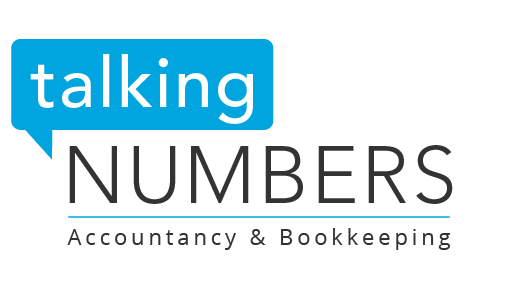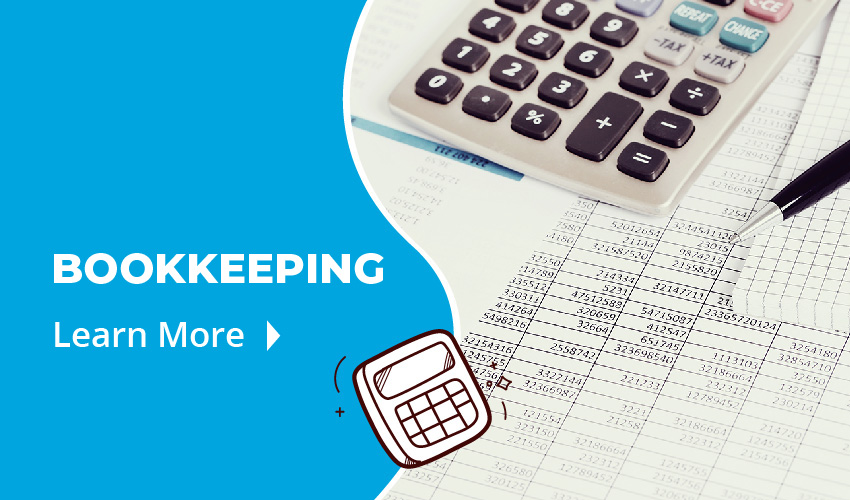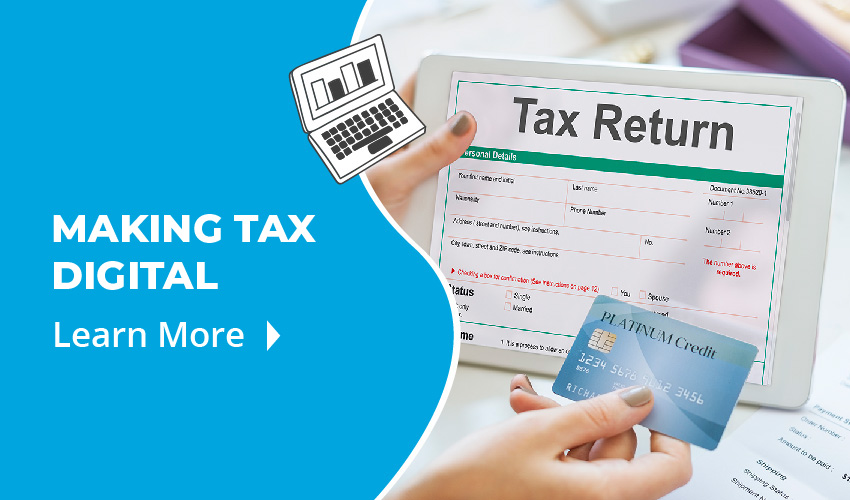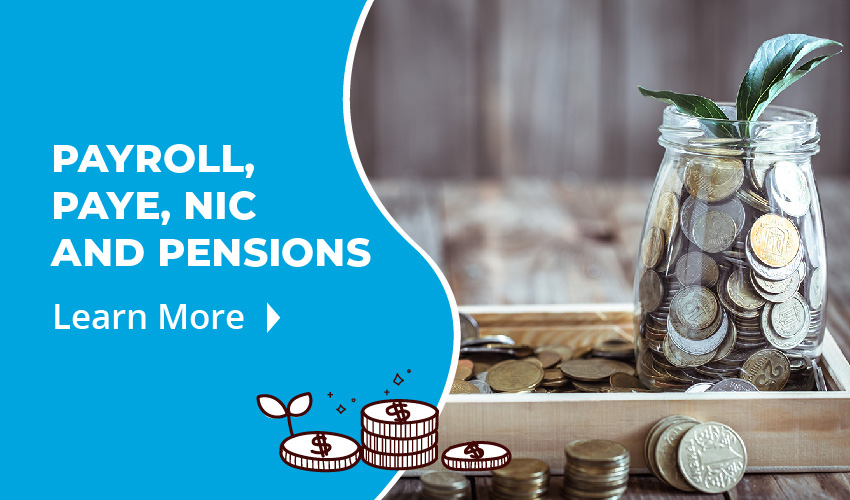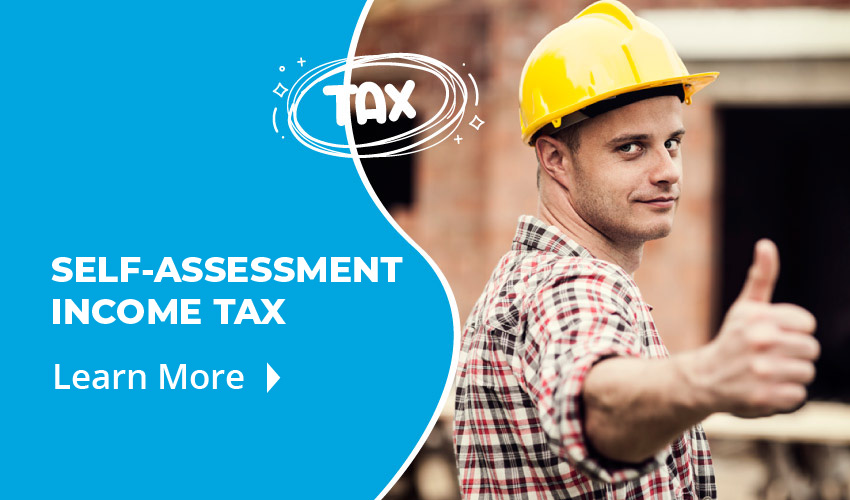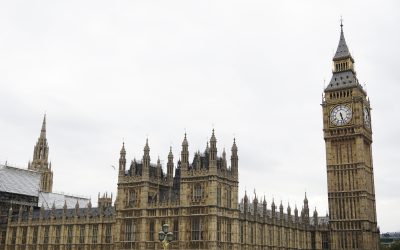The Chancellor of the Exchequer, Jeremy Hunt, delivered his budget statement in the House of Commons on 6th March 2024. This sets out the tax and spending plans for the coming year. We’ve summarised the key tax points below.
Income tax
The controversial “non-dom” tax status will be abolished from 6 April 2025. This previously meant that UK residents who had an overseas “domicile” (meaning broadly that they had a close link or connection to another county) only had to pay UK tax on the income and gains that they brought into the UK. Estimates suggest that there are only around 68,800 people with this status. Following this change, all UK residents will pay UK tax on their worldwide income and gains.
Under the new scheme, those who come to the UK from abroad will not be required to pay any tax on their foreign income and gains for the first four tax years, before moving to the same basis as other UK resident taxpayers.
The furnished holiday letting (FHL) regime, whereby Airbnb or other holiday lettings were given special tax treatment, will be abolished.
Child Benefit
The High-Income Child Benefit Tax Charge (HICBC) is paid by those earning £50,000 or more as a way to “claw back” child benefit for high earners. This charge will be reformed and assessed on a “household basis” rather than an individual basis in the future.
As an interim measure, from 6 April 2024, the lower threshold for paying the HICBC will be increased to £60,000 from £50,000. This means that anyone earning £60,000 or under will not have to pay the charge.
National Insurance
The main announcement today was a further cut to the Class 1 employee rate of National Insurance. In his Autumn Statement, the Chancellor previously announced a cut in the main rate of National Insurance from 12% to 10% from 6 January 2024. This further cut means that the main rate of employee National Insurance will now be 8%.
This is expected to save the average employee around £450 per tax year, but only applies to employees.
From 6 April 2024, self-employed people pay Class 4 National Insurance at 6% (previously 9%) on their profits over £12,570. Class 2 National Insurance, paid by self-employed people at a flat rate of £3.45 per week will be abolished from 6 April 2024.
Capital Gains Tax
The higher rate of Capital Gains Tax (CGT) on residential property will be reduced from 28% to 24%. This affects higher-rate taxpayers who sell properties other than their main residence and would result in an approximate saving of £1,800 in CGT for a higher-rate taxpayer making a £50,000 gain on selling a property.
VAT
The Chancellor announced that the registration threshold for VAT will rise from £85,000 to £90,000 from 1 April 2024.
